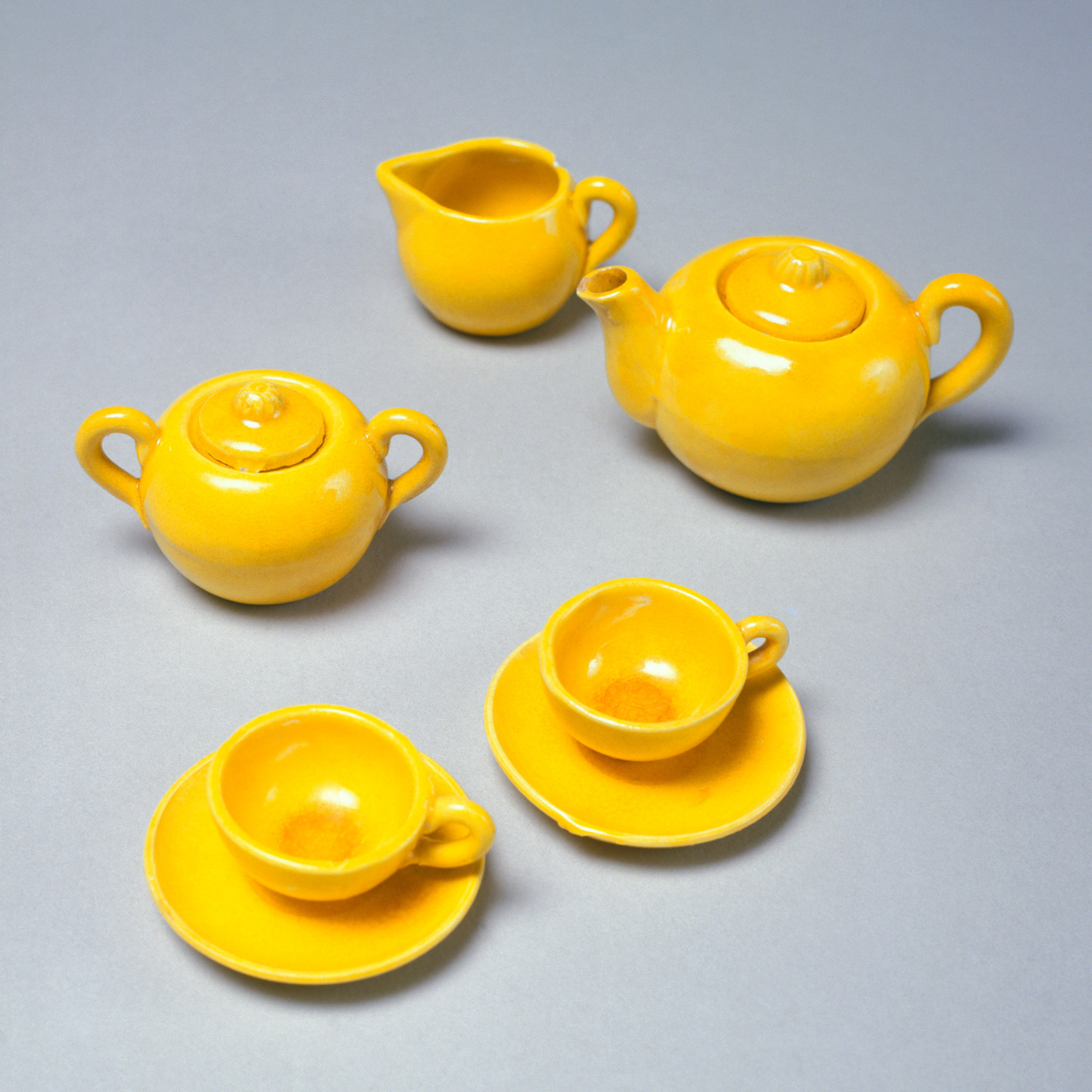George Kemp's mile walk trophy
This trophy was awarded to Constable George Eric Kemp (1904-1987) for winning the Mile Walk Handicap at the NSW Amateur Athletics Association Police Carnival in February 1936.
He had come second in the same event in 1935. The NSW Police force has a long and continuing tradition of holding regular sporting carnivals to encourage officers to maintain their physical fitness. Kemp was also a member of the NSW Police Band and in 1938 he received a special commendation. This was for services rendered by the band at the many functions held in connection with the 1938 NSW sesqui-centenary Celebrations and for the conspicuous bravery displayed by the band during a boating tragedy on Sydney Harbour. One Sunday afternoon in February 1938 the launch ‘Rodney’ capsized off Bradley’s Head with 120 passengers on board. The band was playing on a nearby boat and band members tore off their jackets and dived into the water to rescue passengers. Nineteen people drowned.
George Kemp joined the police in 1926 and served across the Metropolitan area as well as in regional stations including Moss Vale and Goulburn. He retired in 1964, having risen to the rank of Inspector 1st Class.
Related

The trophy cabinet
Trophies are symbolic objects, intended for display as evidence of achievement, especially of victory in a contest of some kind
Published on
Collection items
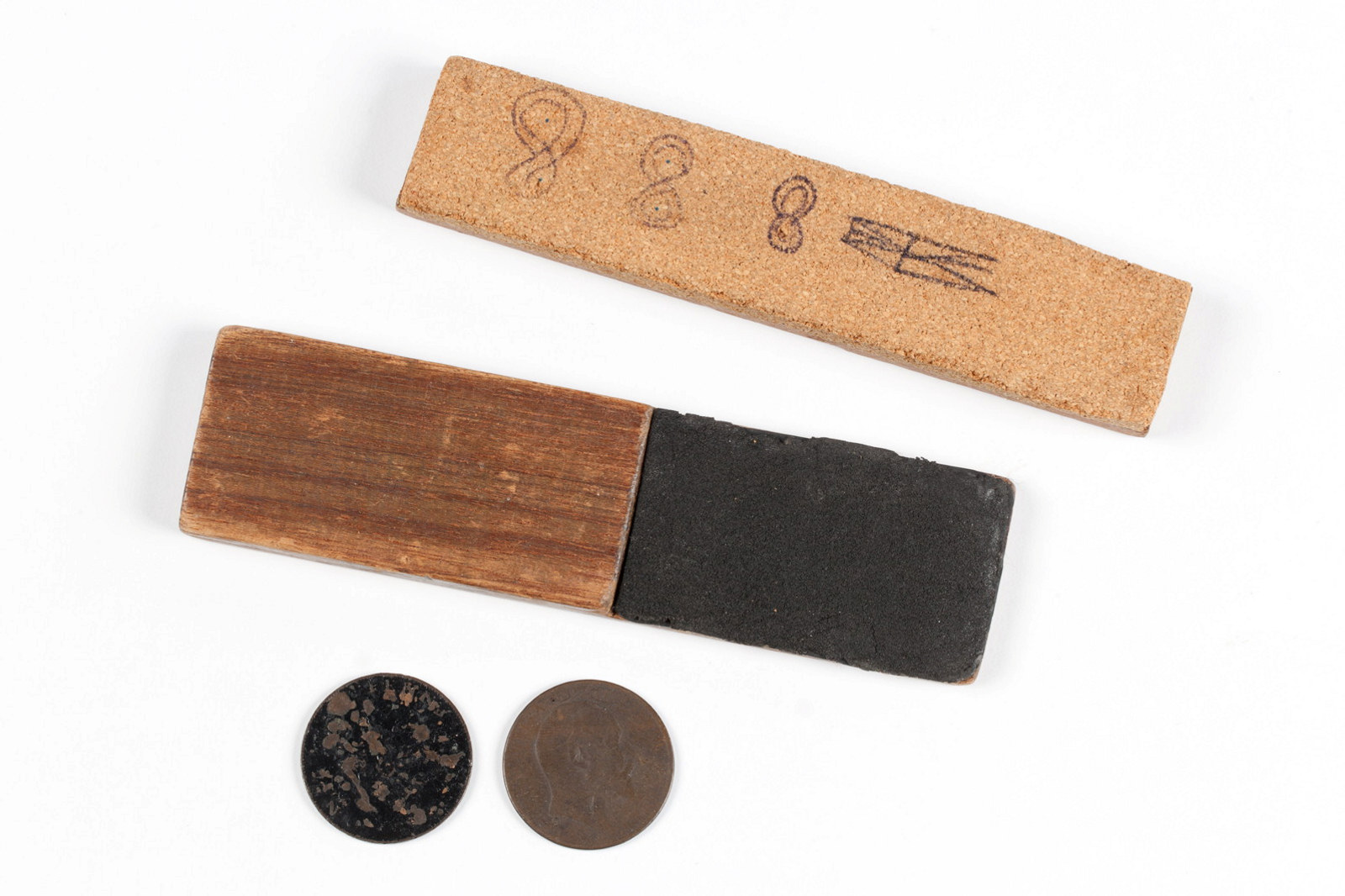
Come in spinner!
Gambling in Australia is regulated by the state and some types of gambling are illegal. The game Two-up, with its catch cry of ‘Come in Spinner!’, is legal only on Anzac Day and only in some states
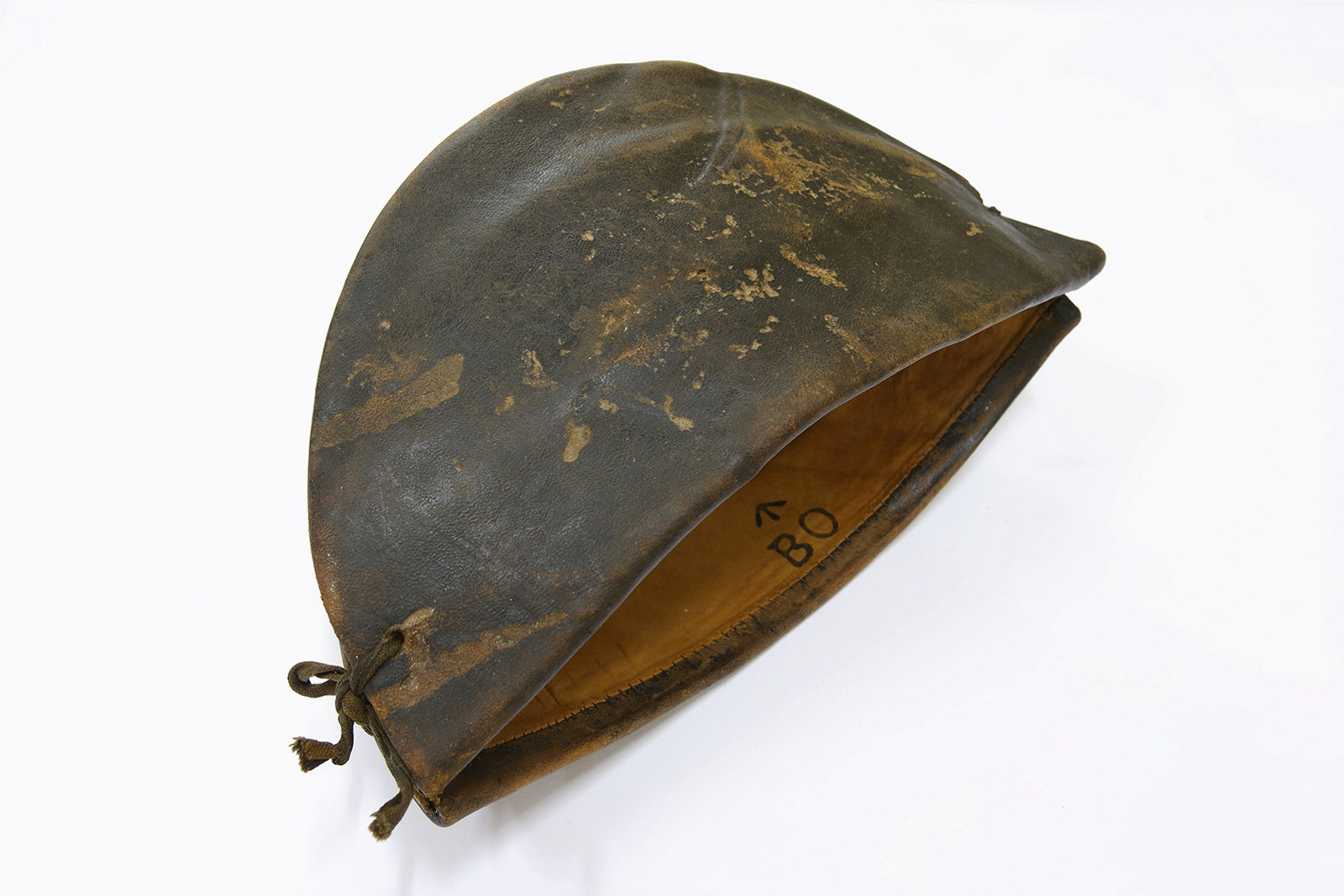
Convict Sydney
Convict cap
A hat was known as a castor or a kelp in the convict ‘flash’ slang language

The trophy cabinet
Trophies are symbolic objects, intended for display as evidence of achievement, especially of victory in a contest of some kind
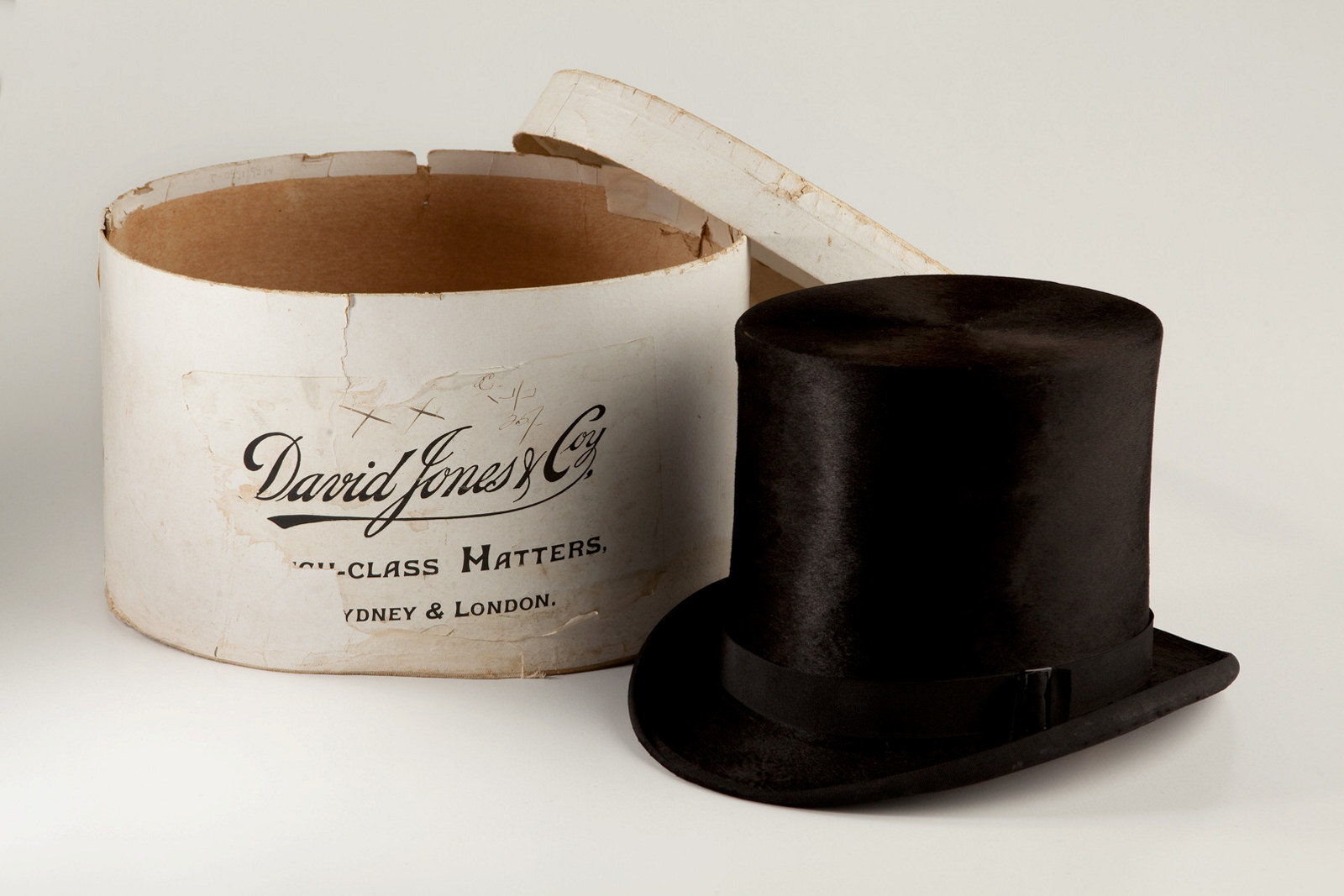
Bicornes, bonnets & boaters
There’s a variety of headwear across our collections ranging in date from early to late nineteenth century
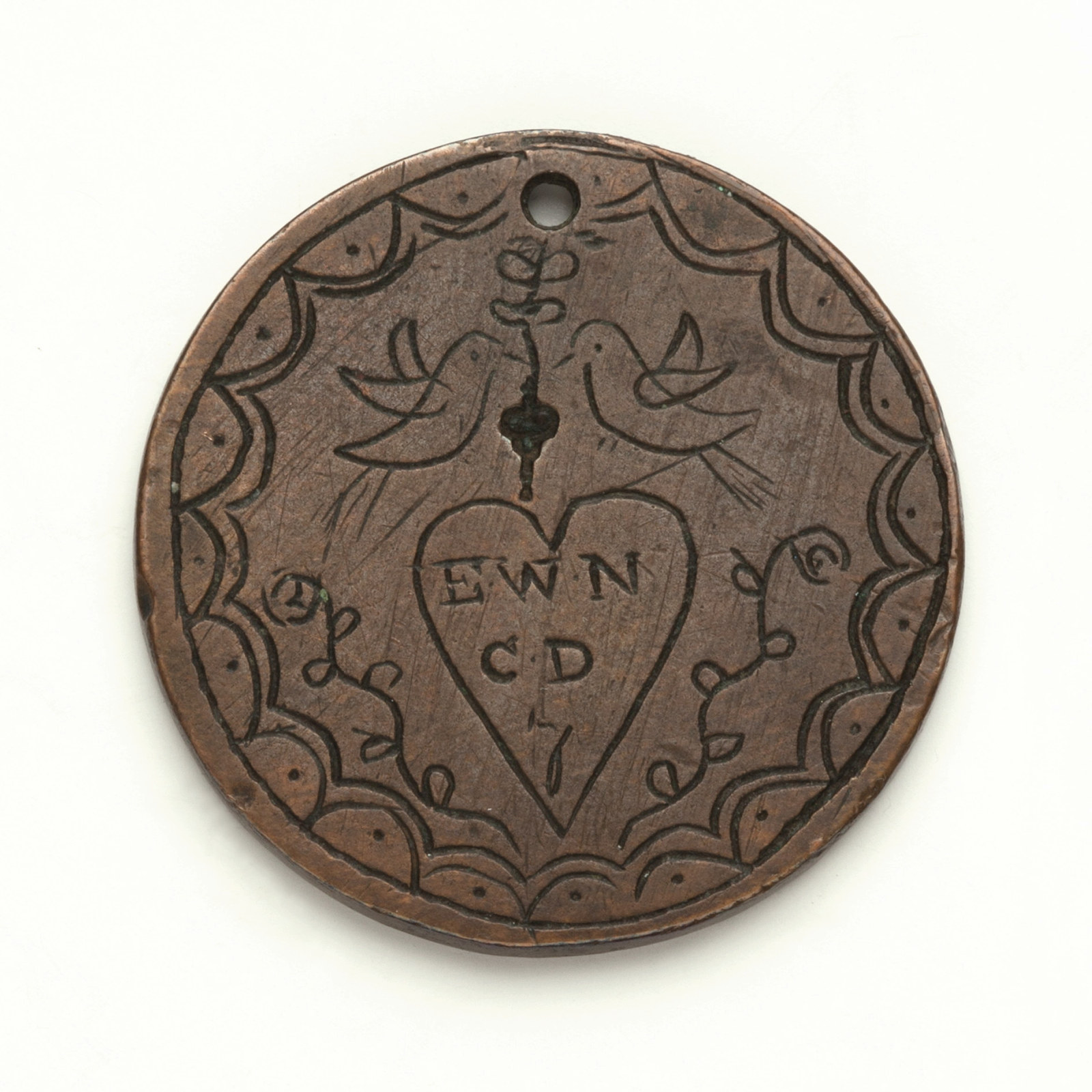
Convict Sydney
Love token, Donovan
This very detailed token was probably made by a nineteen year old called Cornelius Donovan
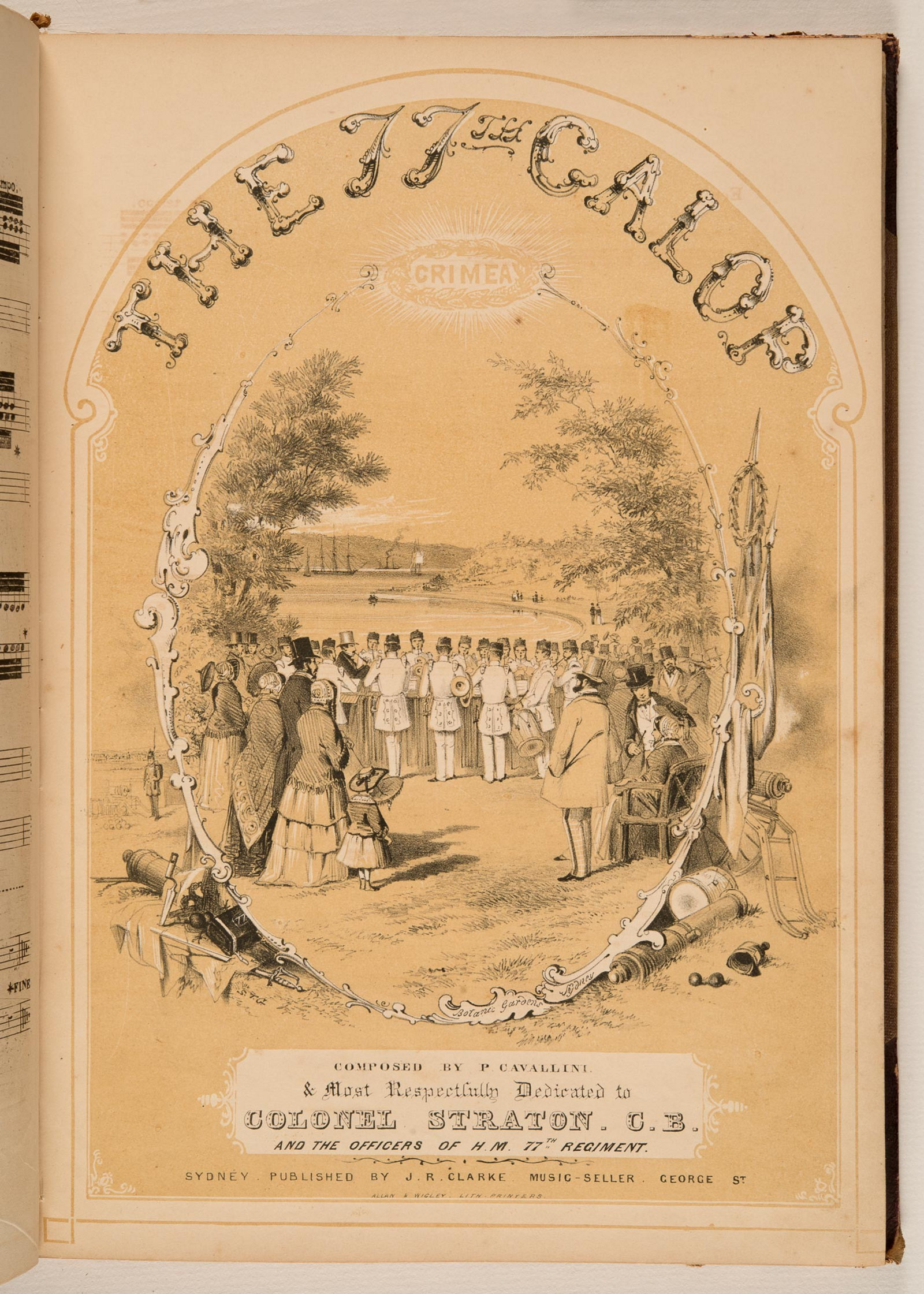
Reading the score
Since the early 1800s, Australian households have purchased sheet music to enliven their drawing room repertoire
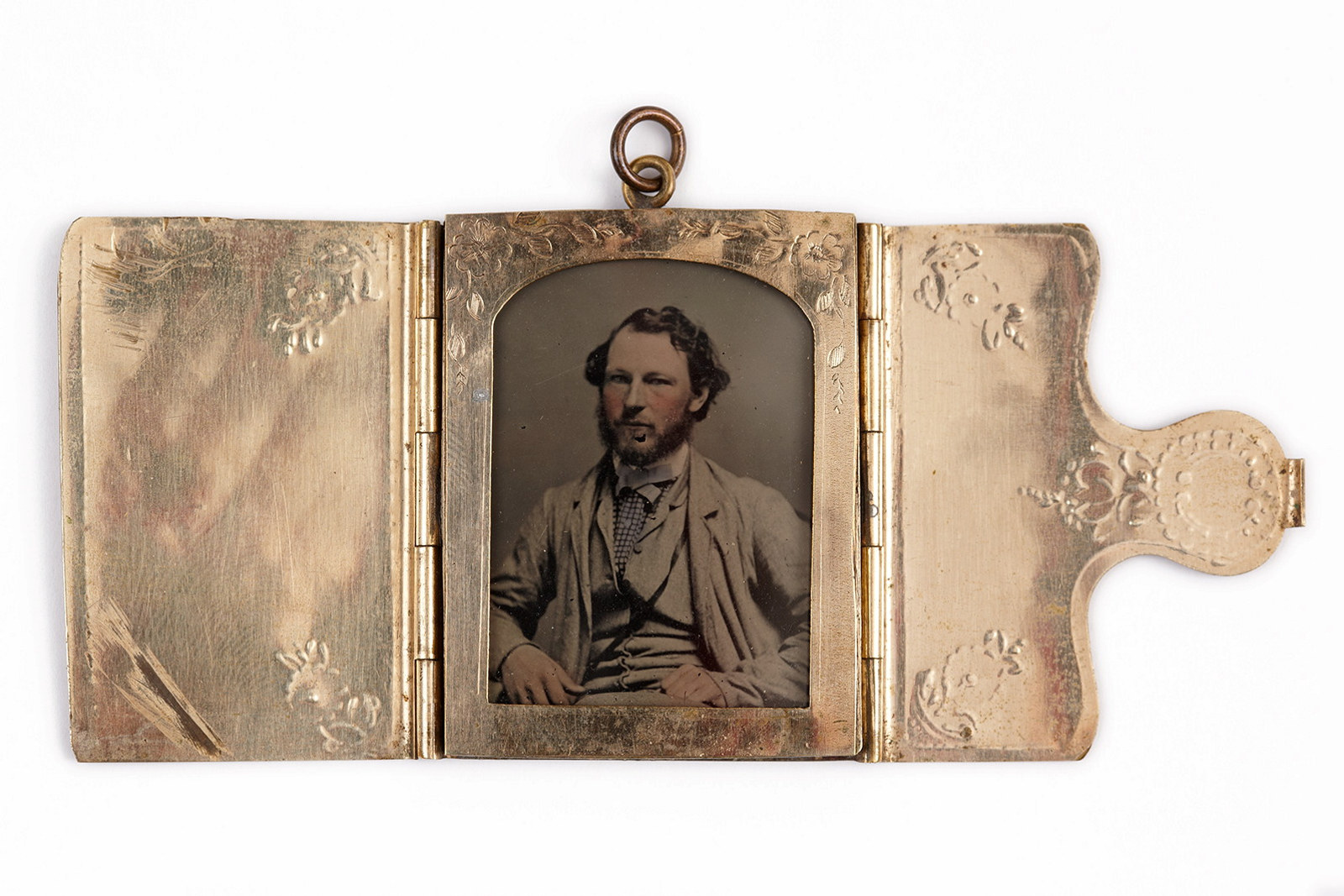
Close to the heart
Expressions of love and endearment have long been embodied in keepsakes or jewellery worn or held close to the body
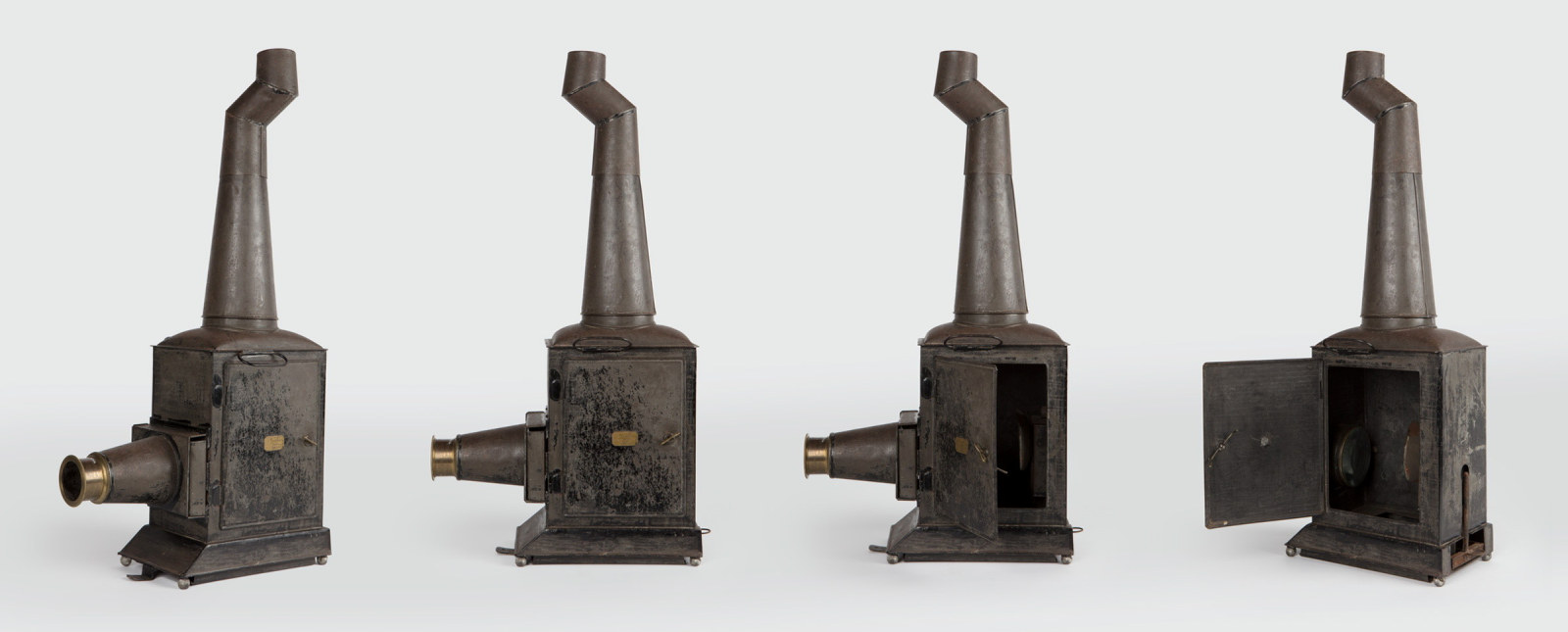
Magic lantern at Rouse Hill Estate
The Rouse Hill House magic lantern is a mid-19th century example of a form of image projector which dates back to the 17th century
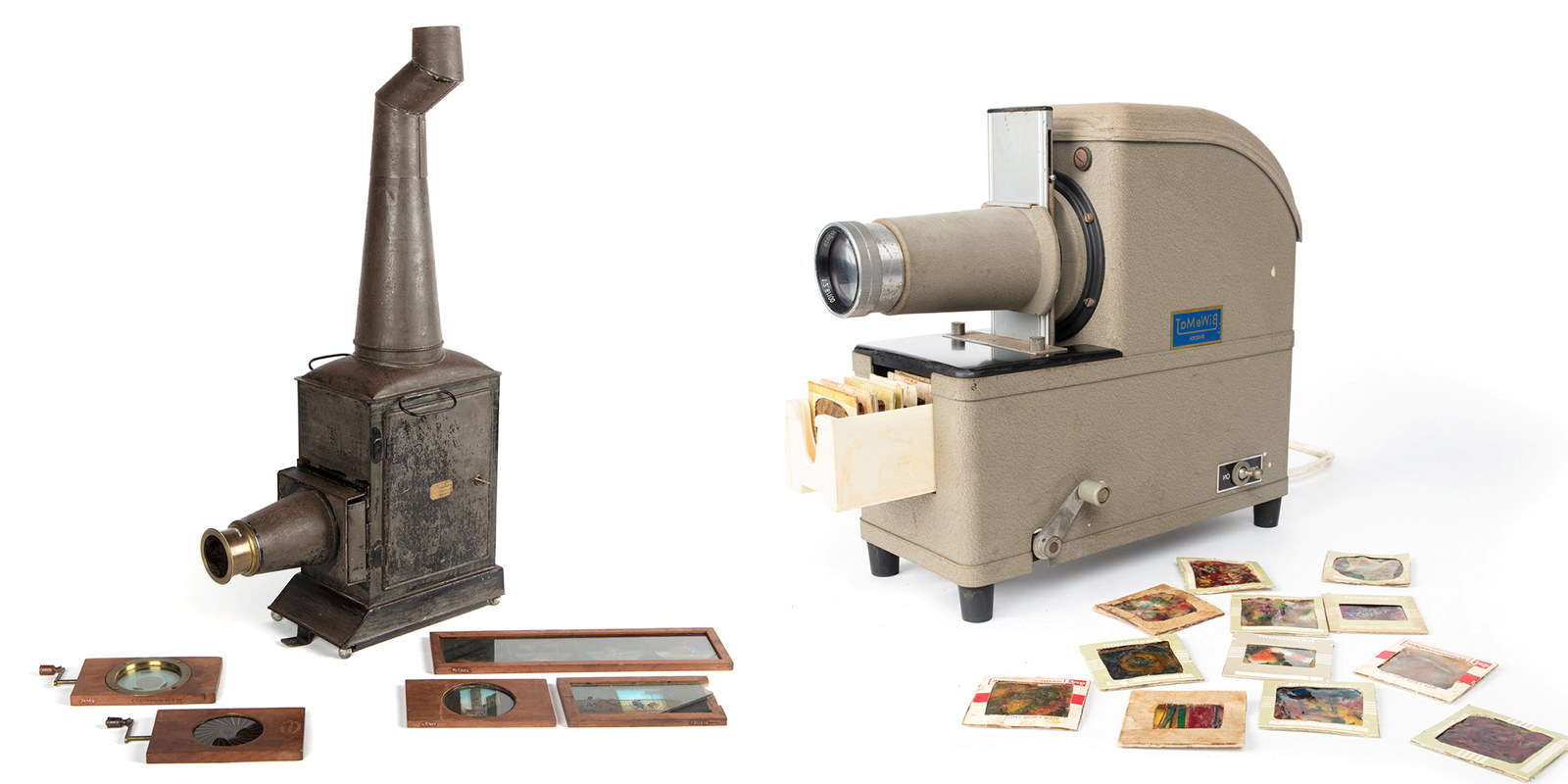
Projected across time
In the late 1960s, John Terry, then a young man living at Rouse Hill Estate, composed avant-garde music which he set to abstract projected images, and performed at various locations in Sydney
